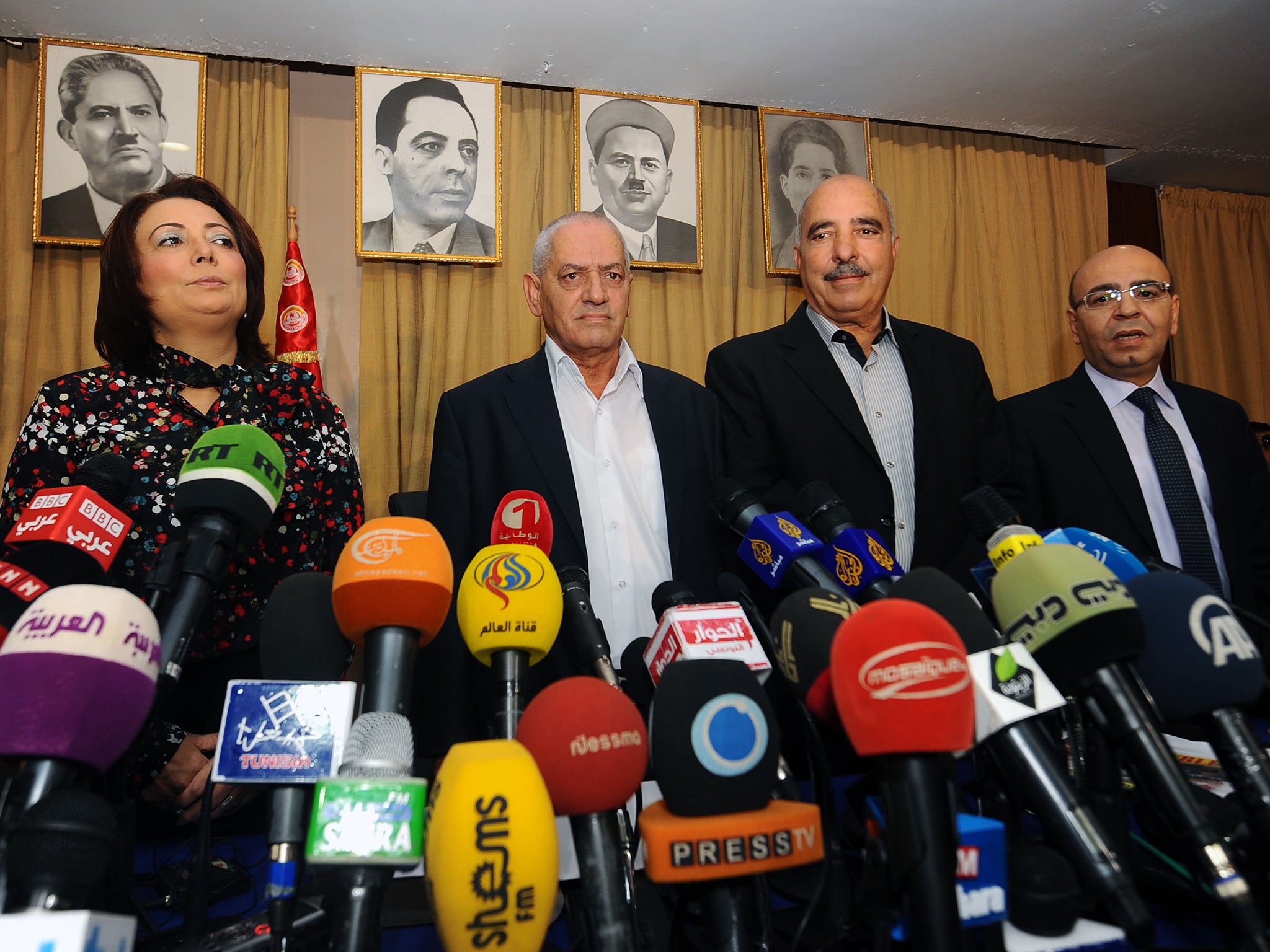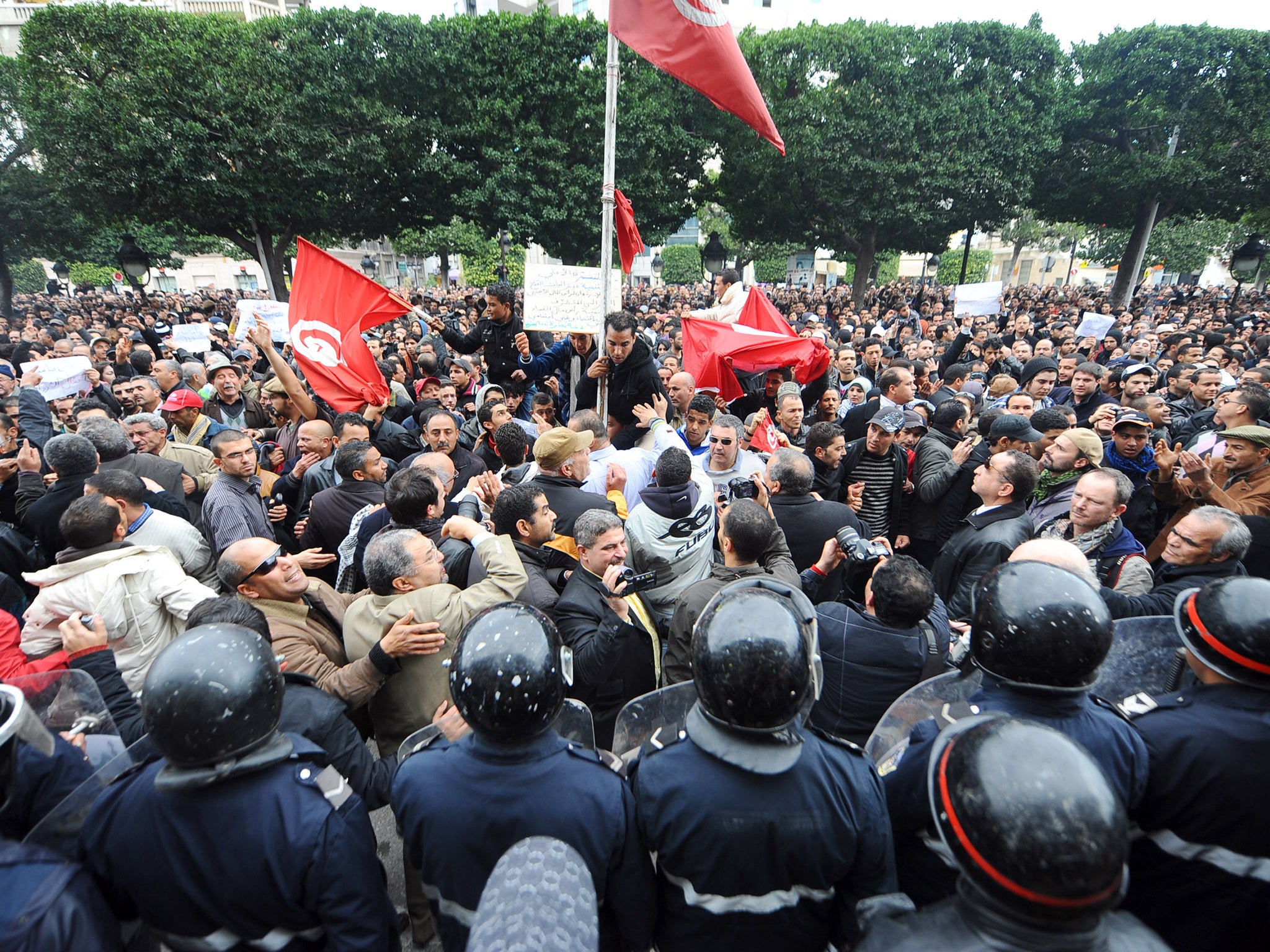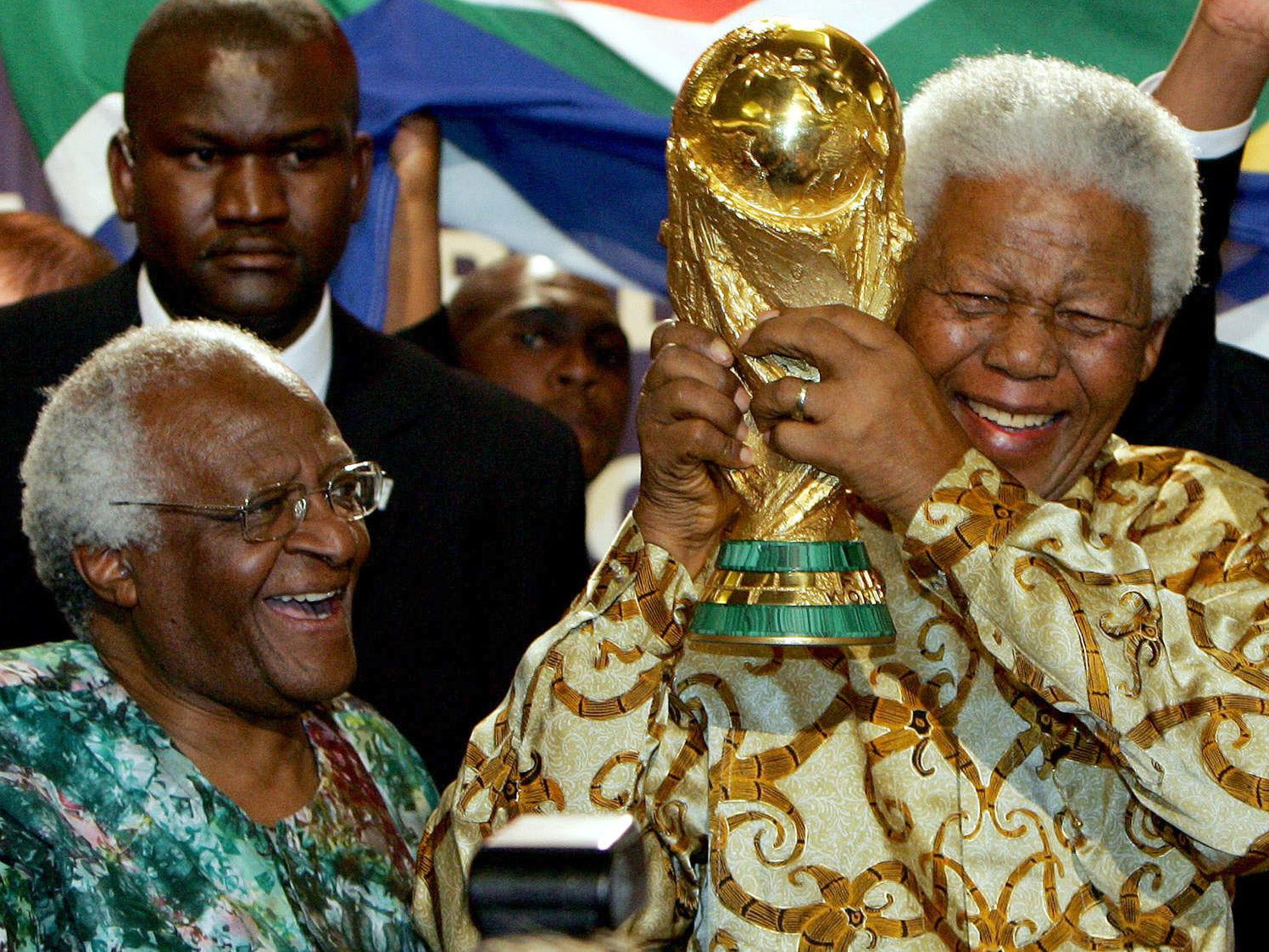Nobel Peace Prize 2015: Full list of winners since 1980
The Tunisian National Dialogue Quartet has won the 2015 Nobel Peace Prize

Your support helps us to tell the story
From reproductive rights to climate change to Big Tech, The Independent is on the ground when the story is developing. Whether it's investigating the financials of Elon Musk's pro-Trump PAC or producing our latest documentary, 'The A Word', which shines a light on the American women fighting for reproductive rights, we know how important it is to parse out the facts from the messaging.
At such a critical moment in US history, we need reporters on the ground. Your donation allows us to keep sending journalists to speak to both sides of the story.
The Independent is trusted by Americans across the entire political spectrum. And unlike many other quality news outlets, we choose not to lock Americans out of our reporting and analysis with paywalls. We believe quality journalism should be available to everyone, paid for by those who can afford it.
Your support makes all the difference.The Tunisian National Dialogue Quartet has won the Nobel Peace Prize for its contributions democracy in the wake of the first and most successful Arab Spring movement.
The Norwegian Nobel Committee praised the group's "decisive contribution to the building of a pluralistic democracy” in the North African country following its 2011 revolution.
“It established an alternative, peaceful political process at a time when the country was on the brink of civil war,” judges said in their citation.
Amid terror attacks, sectarian violence and political assassinations in Tunisia, four groups formed the Quartet in 2013 to represent different sectors - work, welfare, law and human rights - to work as a mediator and driving force towards peaceful development.

Here is a list of winners of the award since 1980:
2015: Tunisian National Dialogue Quartet, Tunisia.
2014: Kailash Satyarthi, India, and Malala Yousafzai, Pakistan.
2013: Organisation for the Prohibition of Chemical Weapons.
2012: European Union.
2011: Ellen Johnson Sirleaf, Liberia, Leymah Gbowee, Liberia, and Tawakkol Karman, Yemen.
2010: Liu Xiaobo, China.
2009: Barack Obama, United States.
2008: Martti Ahtisaari, Finland.
2007: Intergovernmental Panel on Climate Change and Al Gore, United States.
2006: Muhammad Yunus, Bangladesh and Grameen Bank, Bangladesh.
2005: International Atomic Energy Agency and Mohamed ElBaradei, Egypt.
2004: Wangari Maathai, Kenya.
2003: Shirin Ebadi, Iran.
2002: Jimmy Carter, United States.
2001: United Nations and Kofi Annan, Ghana.
2000: Kim Dae-jung, South Korea.
1999: Medecins Sans Frontieres.
1998: John Hume, United Kingdom, and David Trimble, United Kingdom.
1997: International Campaign to Ban Landmines and Jody Williams, United States.

1996: Carlos Filipe Ximenes Belo, East Timor, and Jose Ramos-Horta, East Timor.
1995: Joseph Rotblat, United Kingdom, and Pugwash Conferences on Science and World Affairs
1994: Yasser Arafat, Palestine territories, Shimon Peres, Israel, and Yitzhak Rabin, Israel.
1993: Nelson Mandela, South Africa, and Frederik Willem de Klerk, South Africa.
1992: Rigoberta Menchu Tum, Guatemala.
1991: Aung San Suu Kyi, Burma.
1990: Mikhail Sergeyevich Gorbachev, USSR (now Russia).
1989: The 14th Dalai Lama (Tenzin Gyatso), China.
1988: United Nations Peacekeeping Forces
1987: Oscar Arias Sanchez, Costa Rica.
1986: Elie Wiesel, United States.

1985: International Physicians for the Prevention of Nuclear War.
1984: Desmond Mpilo Tutu, South Africa.
1983: Lech Walesa, Poland.
1982: Alva Myrdal, Sweden, and Alfonso Garcia Robles, Mexico.
1981: Office of the United Nations High Commissioner for Refugees.
1980: Adolfo Perez Esquivel, Argentina.
Join our commenting forum
Join thought-provoking conversations, follow other Independent readers and see their replies
Comments